Professor Michael Berkowitz of University College London’s Department of Hebrew and Jewish Studies, an expert on Lithuanian Jewish studies, was the member of staff who told London petitioner Monica Lowenberg on 14 December 2012 that Brandeis Professor Antony Polonsky’s banning of the reading of a five minute petition would be upheld by the UCL department (correspondence here; background on the UCL saga here—best enjoyed in chronological order from the bottom upwards…).
The text of the petition and list of international signatories to date is available on Change.org.
Professor Polonsky was knighted by the president of Lithuania earlier this year for services to that country’s efforts to improve its Jewish PR profile, a PR profile that has suffered difficulty from repeated state honoring of Nazi collaborators and perpetrators, state defamation of Holocaust survivors who joined the resistance, and state investment in a revised far-right-based historical model for World War II.
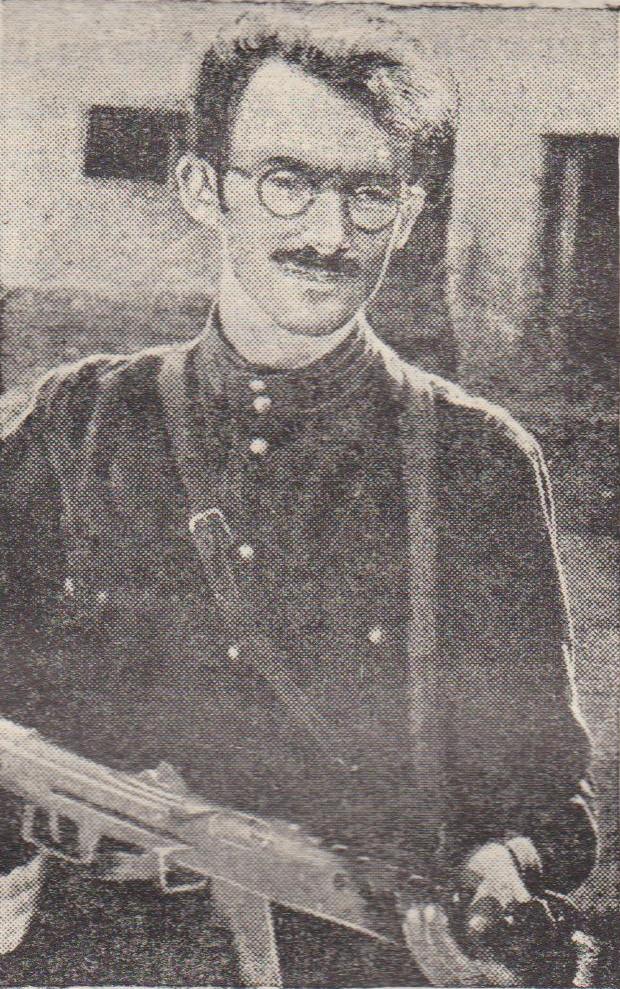
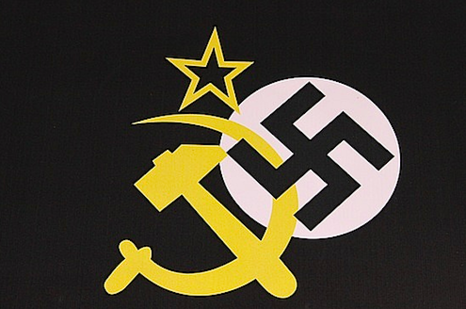 With the recent Lithuanian elections barely out of the way, and the ruling right-wing Homeland Union Conservatives the undisputed losers, the ultranationalist right is losing no time in pressing ahead aggressively with the Double Genocide “red-equals-brown” agenda, reverting to one of the movement’s original slogans: “United Europe — United History.” For pro-tolerance and liberal forces, the profoundly undemocratic message implied is that a united Europe has to also be united (i.e. have one opinion) on questions of history, and that Double Genocide and its central document, the
With the recent Lithuanian elections barely out of the way, and the ruling right-wing Homeland Union Conservatives the undisputed losers, the ultranationalist right is losing no time in pressing ahead aggressively with the Double Genocide “red-equals-brown” agenda, reverting to one of the movement’s original slogans: “United Europe — United History.” For pro-tolerance and liberal forces, the profoundly undemocratic message implied is that a united Europe has to also be united (i.e. have one opinion) on questions of history, and that Double Genocide and its central document, the 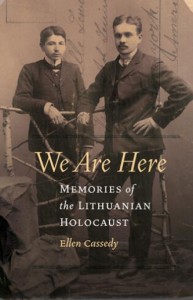 Had this title been billed as a simple memoir of Cassedy’s trip to Lithuania in the summer of 2004, my criticism of her book would be tempered. She had gone to the land of her ancestors to study Yiddish at the Vilnius Yiddish Institute and to connect with her Jewish roots. The professors and mentors she encounters at the Yiddish Institute come alive, as do the various Lithuanians and Jews with whom she connects. Cassedy is a good writer who captures physical details well. But even at that, this reviewer found the memoir to be superficial.
Had this title been billed as a simple memoir of Cassedy’s trip to Lithuania in the summer of 2004, my criticism of her book would be tempered. She had gone to the land of her ancestors to study Yiddish at the Vilnius Yiddish Institute and to connect with her Jewish roots. The professors and mentors she encounters at the Yiddish Institute come alive, as do the various Lithuanians and Jews with whom she connects. Cassedy is a good writer who captures physical details well. But even at that, this reviewer found the memoir to be superficial.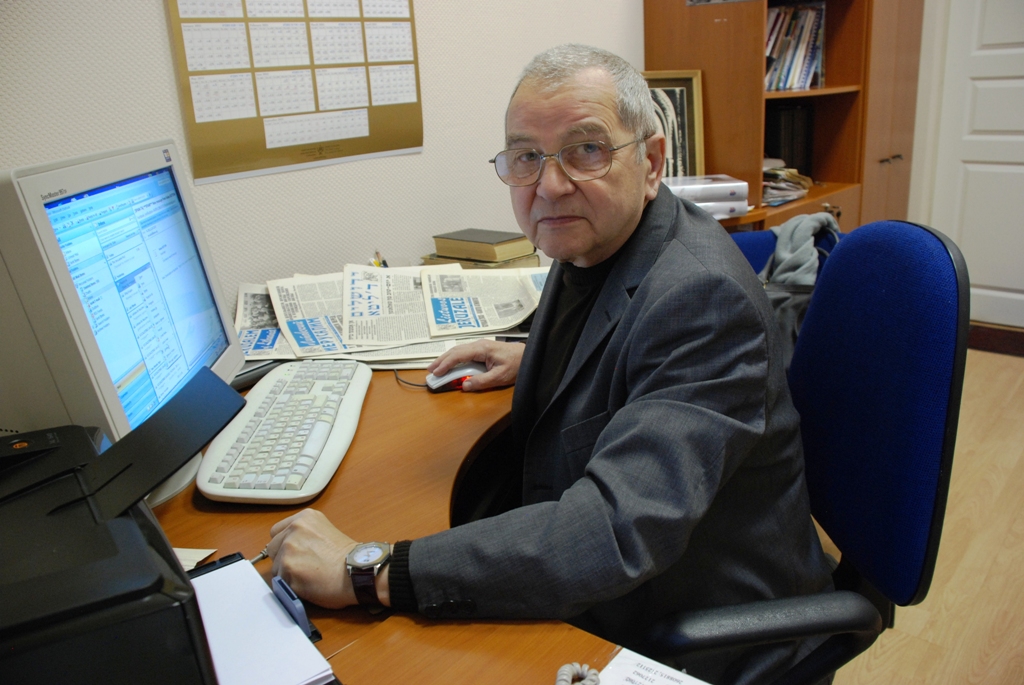 Milan Chersonski (Chersonskij), longtime editor (1999-2011) of Jerusalem of Lithuania, quadrilingual (English-Lithuanian-Russian-Yiddish) newspaper of the Jewish Community of Lithuania, was previously (1979-1999) director of the Yiddish Folk Theater of Lithuania, which in Soviet times was the USSR’s only Yiddish amateur theater company. The views he expresses in DefendingHistory are his own. This is an authorized English version (updated by the author) by Ludmilla Makedonskaya (Los Angeles).
Milan Chersonski (Chersonskij), longtime editor (1999-2011) of Jerusalem of Lithuania, quadrilingual (English-Lithuanian-Russian-Yiddish) newspaper of the Jewish Community of Lithuania, was previously (1979-1999) director of the Yiddish Folk Theater of Lithuania, which in Soviet times was the USSR’s only Yiddish amateur theater company. The views he expresses in DefendingHistory are his own. This is an authorized English version (updated by the author) by Ludmilla Makedonskaya (Los Angeles). 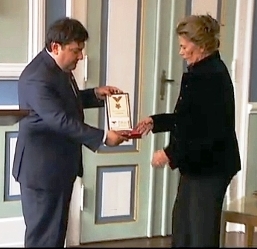 REYKAVÍK
REYKAVÍK